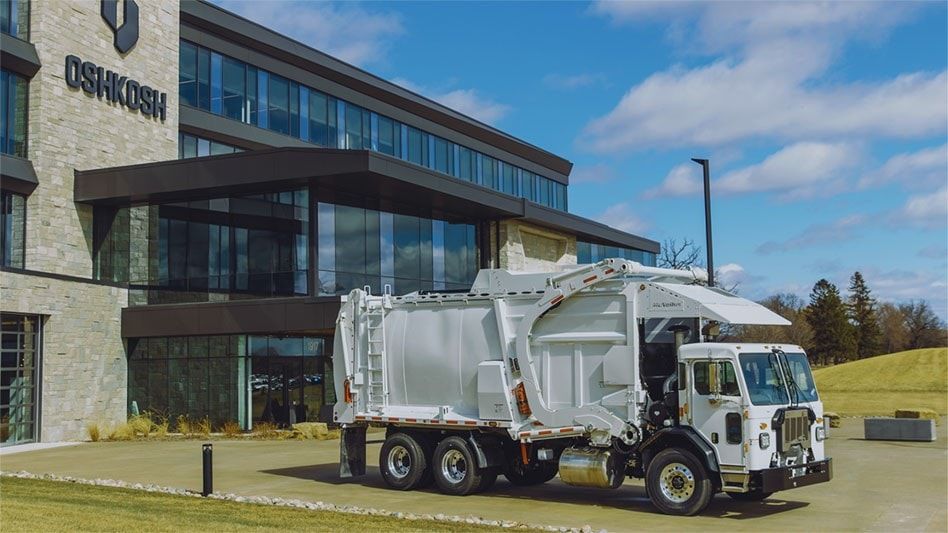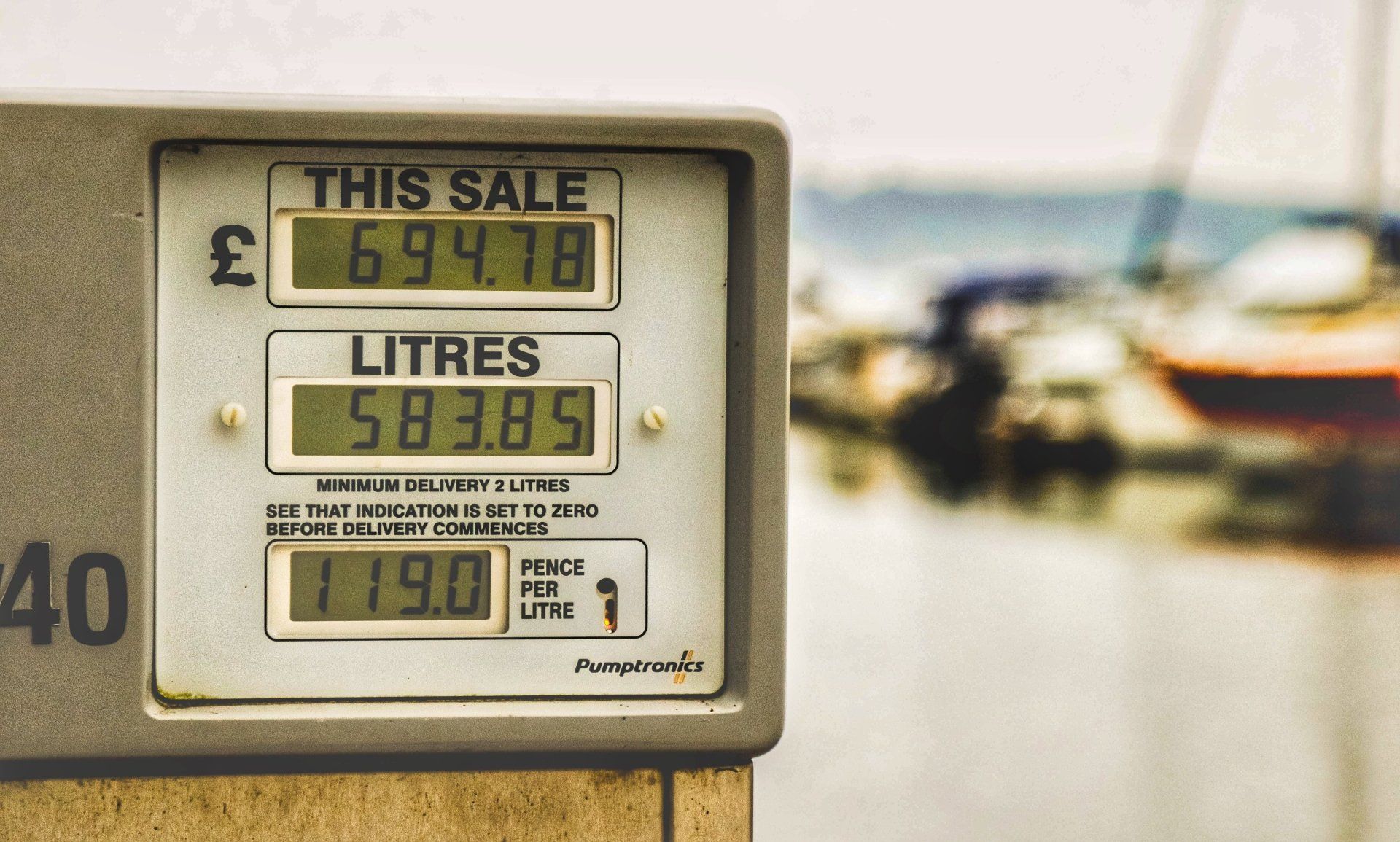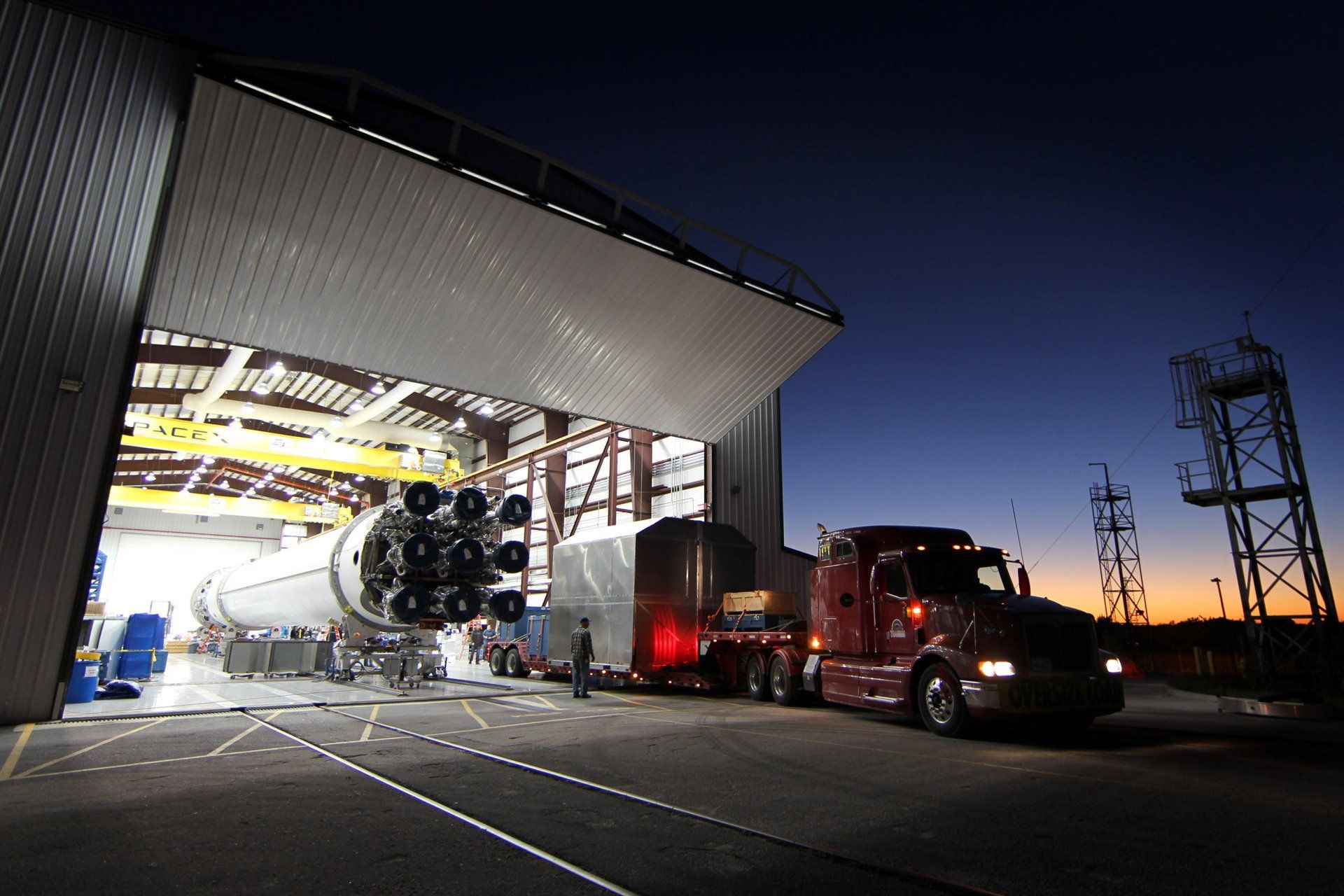Maximizing Fuel Efficiency
The 5 Best Fuel Management Practices for Fleet Managers in 2023
As a fleet manager, controlling fuel costs is a critical aspect of running a successful operation. With fuel being one of the largest expenses for most fleet management companies, finding ways to reduce these costs is crucial to maintaining profitability. In 2023, there will be a number of trends and best practices that can help fleet managers to effectively manage fuel expenses and improve their bottom line.
- Implement Fuel-Efficient Driving Practices: Encouraging fuel-efficient driving practices is one of the most effective ways to reduce fuel consumption and costs. This can include reducing idling time, accelerating and braking smoothly, and avoiding excessive speeding. By training drivers on these practices, fleet managers can help to reduce fuel consumption and improve efficiency. In addition, telematics and GPS technology can provide real-time feedback on driving habits and help to identify areas for improvement. Implementing these practices can result in a reduction of fuel consumption by up to 20% according to a study by Geotab.
- Use Telematics and GPS Technology: Telematics and GPS technology are essential tools for fleet managers looking to reduce fuel expenses. These technologies can provide real-time data and insights into fuel consumption and efficiency, allowing fleet managers to optimize routes and reduce the amount of time and fuel spent on the road. By using telematics and GPS technology, fleet managers can also monitor driver behavior, identify areas for improvement, and encourage fuel-efficient driving practices.
- Explore Alternative Fuel Solutions: The push for sustainability and environmental responsibility is expected to continue in 2023, and fleet managers should take advantage of this trend by exploring alternative fuel options. This can include electric or hybrid vehicles, which can help to reduce fuel consumption and costs in the long term. In addition, implementing alternative fuel solutions can help to improve a company's reputation and demonstrate a commitment to sustainability and environmental responsibility. According to Fleet Financials, companies that have implemented alternative fuel solutions have seen a reduction in fuel costs by up to 40%.
- Monitor Fuel Prices and Market Trends: Regularly monitoring fuel prices and market trends is critical to reducing fuel expenses. By keeping track of price fluctuations and adjusting fuel purchasing strategies accordingly, fleet managers can take advantage of price dips and reduce fuel costs. In addition, monitoring fuel market trends can help fleet managers to make informed decisions about fuel purchasing and usage. The US Energy Information Administration (EIA) provides valuable data and insights into fuel prices and market trends, which can be a valuable resource for fleet managers.
- Encourage Carpooling and Telecommuting: Encouraging carpooling and telecommuting can help to reduce the number of vehicles on the road and, in turn, reduce fuel consumption and costs. By offering flexible work arrangements and encouraging the use of shared vehicles, fleet managers can reduce the number of vehicles on the road and improve efficiency. According to Fleet Financials, companies that have encouraged carpooling and telecommuting have seen a reduction in fuel consumption by up to 30%.
By implementing these fuel management practices, fleet managers can significantly reduce fuel expenses and improve their bottom line. However, for those who need additional support, our team of expert fleet consultants is here to help. With years of experience and a deep understanding of the industry, our team can provide customized solutions and guidance to help you effectively manage your fleet and achieve your goals. Contact us today to learn more about our fleet consulting services and how we can help you maximize fuel efficiency in 2023.











